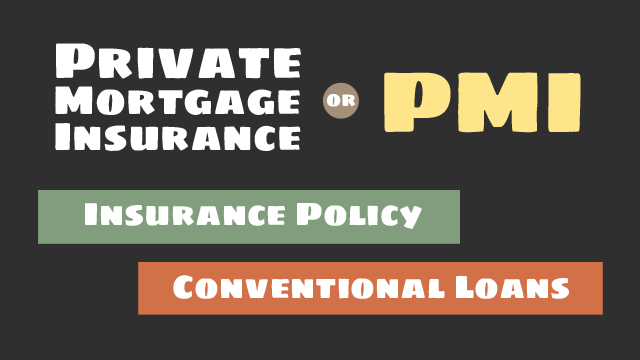PMI
Related Terms: Private Mortgage Insurance, Mortgage Insurance
When taking out a conventional loan, most lenders require that the borrower pay for private mortgage insurance (PMI). This is in order to protect the lender from losses in case you, the borrower, can no longer make payments and default on the loan. The PMI is then used to reimburse the lender.

Private mortgage insurance is normally paid monthly, but in some cases there is an option to make a large upfront payment. The amount depends on the down payment made on the property as well as the borrower’s credit score, and is usually between 0.3 and 1.5 percent annually. If your down payment is less than 20 percent of the purchase price, PMI is almost always required since the lender stands to lose more in case of foreclosure.
There are ways for you to avoid paying the PMI on your mortgage:
There are ways for you to avoid paying the PMI on your mortgage:
- Make a down payment of at least 20 percent of the mortgage.
- If your loan-to-value ratio drops lower than 80 percent, you don’t have to pay for mortgage insurance. Depending on your payment habits, this can take a few years.
- You may be able to opt for lender-paid mortgage insurance, where the interest rate is adjusted to include the PMI. This raises your interest payments for the life of the loan.

Do you know what's on your credit report?
Learn what your score means.





